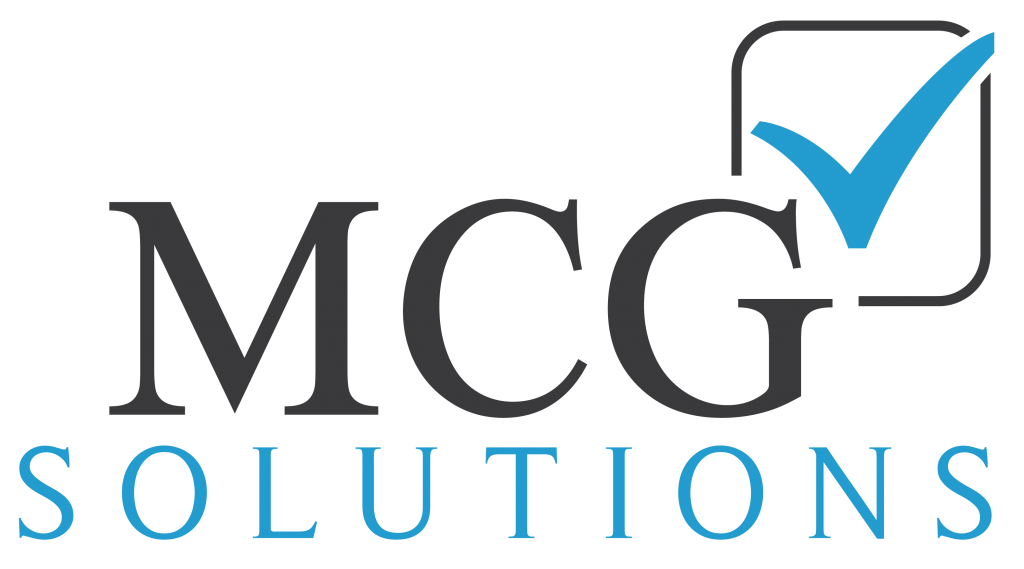Dealing with paperwork is one of the least appealing parts of running a business. Many of our clients outsource their bookkeeping to MCG Solutions for that very reason: instead of spending hours sifting through your invoices, receipts, and other financial paperwork, your bookkeeper can handle the heavy lifting.
To get great results, your bookkeeper needs all of your paperwork—preferably as organized as possible. Keeping detailed, organized records of your invoices (a request for payment after work is completed) and receipts (proof that a payment was made) will ensure that you have an accurate picture of your income, expenses, and overall financial health.
Here are some tips to help you get—and stay—organized:
- Create document-keeping standards: First, take the time to create standards for how your records are kept. For instance, you might instruct employees to record expenses in a spreadsheet, with specific details about the transaction. Time, date, purpose, amount, customer ID, taxes, and discounts are standard information to include. The more detail involved, the easier it will be to determine how the transaction should be classified.
- Use spreadsheets: From paper to Google Docs to Excel, spreadsheets are a great way to track your transactions. Electronic spreadsheets can automatically calculate totals, percentages, and more—no math required. They’re also easy to sort by date, name, type of transaction, and other classifications.
- Get an invoice book: Both paper and electronic invoice books exist. You may want to use both versions, to ensure there are multiple copies of your financial records.
- Record transactions in chronological order: If you’re using electronic recordkeeping tools, it’s easier to sort the transactions in chronological order. It’s easier to see your company’s financial flow. It also helps you and your bookkeeper spot any missing items.
- Sort documents by type: Organize your invoices and receipts by the type of product or service involved. You might wish to keep different spreadsheets for income and expenses. If you have other types of financial transactions, such as charitable donations, keep those separate as well.
- Track transactions faithfully: It’s tempting to procrastinate, especially if you dislike recording invoices and receipts. Unfortunately, this just leaves you with piles of paperwork at the end of the week or month. Designate a few minutes each day to record all transactions according to your system. This will save you moments of panic when it’s time to send your records to your bookkeeper.
Organizing invoices and transactions will make your bookkeeper’s job significantly easier. The less time your bookkeeper spends on sorting through paperwork and identifying transaction types, the faster you’ll get insight into your company’s financial health.
Although few people enjoy sifting through paperwork, it’s a crucial part of running your business. Even when you outsource the bulk of the work to MCG Solutions, staying organized will help us provide clear and accurate bookkeeping records.
When you’re ready to outsource your bookkeeping tasks, MCG Solutions can help. Call us today to learn more about our services.

